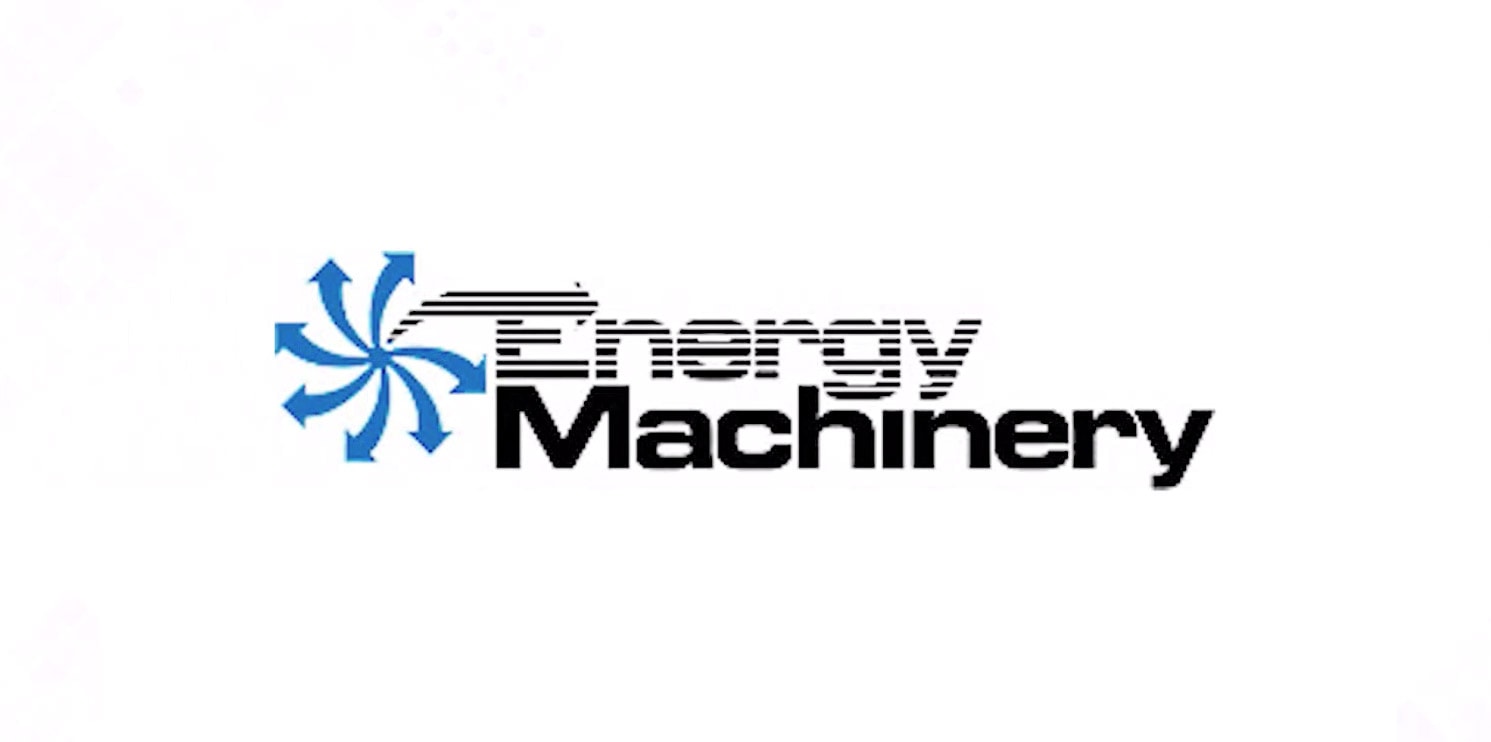What’s the Difference Between a Scroll Vs. Screw Compressor?
Industrial air compressors have an important part to play across numerous industries, powering everything from pneumatic tools to HVAC systems. The efficiency and performance of these machines depend on selecting the appropriate compressor type for the application’s specific needs. Scroll compressors and screw compressors are the two main types, each with its distinct advantages and operational principles.
Let’s take a closer look at the respective features and benefits of scroll vs. screw compressors, providing a comprehensive comparison to help you make an informed decision.
Deep Dive Into Scroll Compressors
Scroll compressors are characterized by their unique spiral design and operate through the movement of an orbiting scroll around a stationary scroll. This mechanism facilitates continuous intake and compression of air, resulting in smooth and steady airflow. Notable for their simpler construction, scroll compressors offer quiet operation and are often available in oil-free models, making them ideal for environments where air purity is a top priority. Scroll compressors typically use Teflon tips in lieu of oil lubrication, so there is no oil in the compression chamber.
With lower initial costs, they’re an attractive option for small-scale applications like medical equipment, manufacturing, HVAC systems, and other industrial applications. However, their capacity and pressure capabilities are somewhat limited, rendering them less suitable for heavy-duty, continuous industrial use.
Demystifying Screw Compressors
Rotary screw compressors, on the other hand, utilize two interlocking helical screw rotors to compress air. As they rotate, they trap and force ambient air through the compression chamber. The compressor makes air by injecting oil into the compression chamber to seal and cool internal components. Air volume decreases and pressure increases as the air moves closer to the discharge valve.
The robust construction of screw compressors enables them to handle higher capacities and a wider range of pressures, complemented by variable speed options to optimize energy efficiency. Screw compressors are predominantly used in industrial processes, large-scale HVAC applications, and situations requiring continuous operation.
Despite their more complex design and potentially louder operation, their durability and performance make them most effective for demanding applications. Although there are some oil-free models, many screw compressors are oil-lubricated, which can affect the purity of the compressed air.
Scroll vs. Screw Compressors
When comparing scroll and screw compressors, consider how important the following factors are to your application:
Scroll compressors excel in noise-sensitive environments thanks to their quiet operation and low maintenance needs. They also offer better energy efficiency at lower capacities.
Screw compressors offer higher capacity and flexibility in pressure ranges, suitable for industrial applications requiring robust performance. Initial costs for both vary depending on their specifications.
Choosing between scroll and screw compressors requires careful consideration of your application requirements, budget constraints, noise sensitivity, and air purity requirements. Each type has its advantages and limitations, highlighting the importance of aligning the compressor’s capabilities with the application’s specific needs.
Scroll and Screw Compressors From Energy Machinery
Understanding the key differences between scroll vs. screw compressors is essential for optimizing performance and efficiency in your operations. Energy Machinery offers a diverse range of both scroll and screw compressors designed to meet various industrial and commercial needs. Consulting with a professional can provide further insight into the best compressor type for your specific application.
For more information and assistance in choosing the right compressor, visit Energy Machinery’s catalog or contact us directly.







